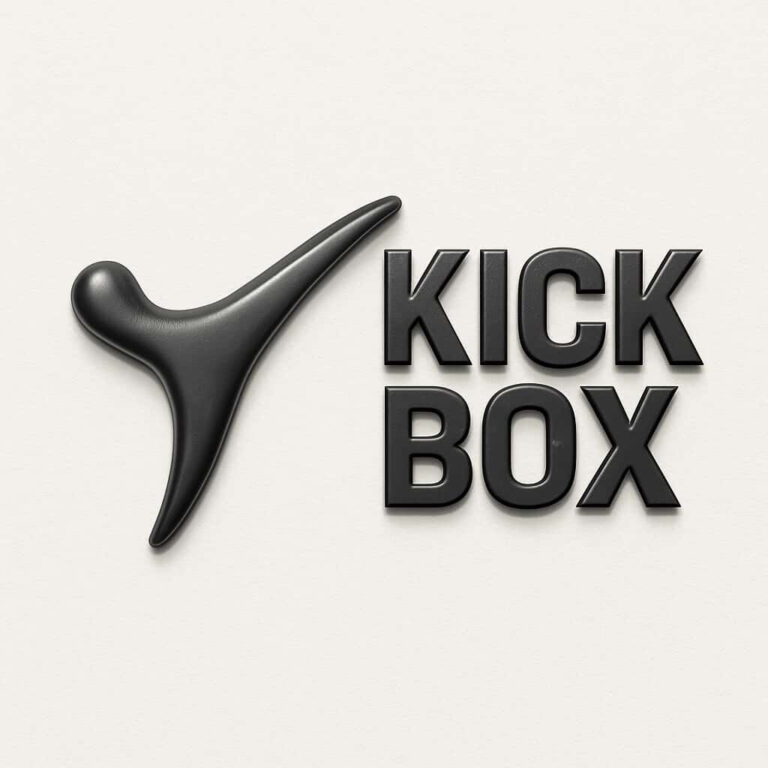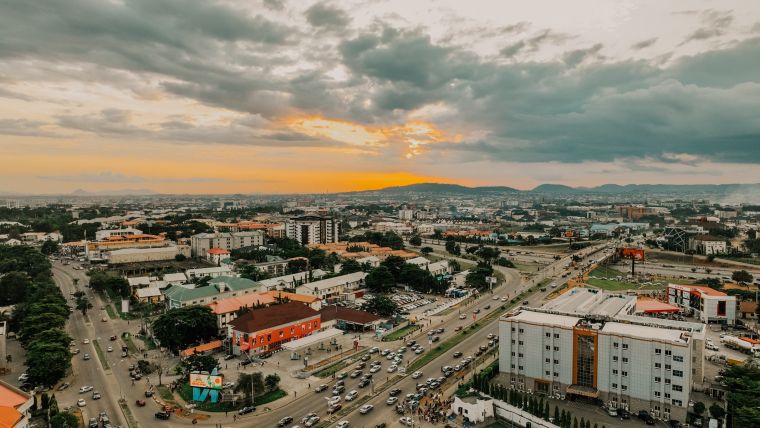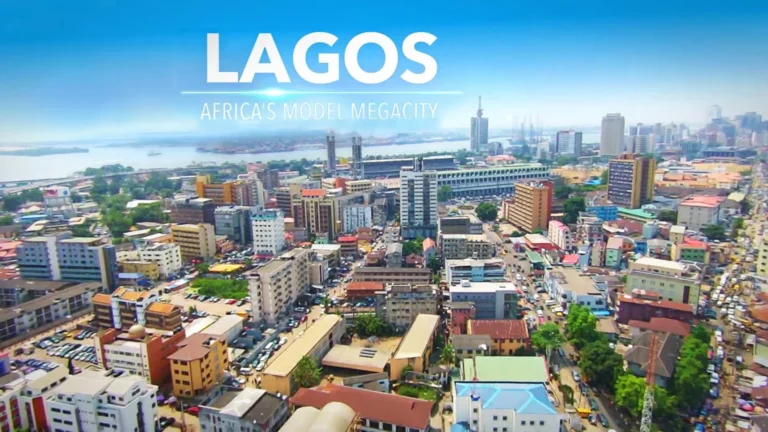Discover insider tricks on where to stay, how to get around, typical costs, and the best time to visit. This guide is packed with personal insights, detailed market reviews, and emergency contacts to ensure a smooth shopping adventure.
Where to Shop Cheap in Abuja
If you want to shop affordably in Abuja, the absolute best spots are local markets that offer everything from fresh produce and clothes to electronics andhousehold goods, all without inflated mall prices.
My personal favorites are [translate: Nyanya Market] for fabrics and groceries, range Market, Mararaba] for bulk buys, and Garki International Market] for a wide variety and great deals on crafts and electronics. Each market has its unique vibe and pricing style, so visiting multiple is key.
The 10 Best Markets in Abuja for Bargain Shopping
Nyanya Market
This bustling market is renowned for fresh vegetables, affordable fabrics, and household essentials. It’s a favorite among locals and newcomers looking for everyday bargains. Arrive early for the best picks and watch for skilled bargaining opportunities.
Orange Market, Mararaba
One of the largest and busiest markets in the Abuja metropolitan area, Orange Market offers unbeatable prices on bulk groceries, textiles, electronics, and household goods. The market can be overwhelming but rewarding when you master its layout and vendor specialties.
Gosa Market
This market specializes in agricultural products and fresh foods. Prices here are some of the lowest in Abuja, making it perfect for budget-conscious shoppers looking for quality produce and spices.
Dei-Dei Market
A great spot for clothing, household items, and local crafts. I particularly recommend Dei-Dei if you want authentic Nigerian textiles and handmade goods at reasonable prices.
Karmo Market
Known for affordable electronics and tech accessories, this market is a go-to for gadget lovers on a budget. Inspect items carefully and haggle firmly here to get the best deals.
Karimo Market
Karimo is relatively quieter and ideal for fresh fish and seafood, as well as dry goods. It’s a hidden gem for those looking to avoid the rush but still want great prices.
Garki International Market
Arguably Abuja’s most famous market, Garki International boasts an overwhelming variety from fabric to electronics and souvenirs. It’s a shopper’s paradise if you have time to explore multiple stalls and sharpen your haggling skills.
Kabusa Market
For arts, crafts, and more traditional Nigerian souvenirs, Kabusa Market is an authentic choice. This market is less touristy and more about genuine local interactions.
Utako Market
Perfect for larger purchases like furniture and electronics, this market is efficient and easy to navigate compared to the others. Pricing is competitive, especially if you negotiate confidently.
Kubwa Market
Kubwa Market rounds out the list as a growing commercial center with bargains on everything from clothes to electronics. It’s less chaotic than other markets, a plus if you prefer a calmer shopping environment.
Tips for Shopping Smart in Abuja Markets
- Always arrive early: The freshest products and best deals go quickly, especially in food markets like Nyanya and Gosa.
- Haggle confidently: Bargaining is expected and polite. Start at half the asking price and meet somewhere in the middle.
- Bring cash: Most vendors do not accept cards or mobile payments, so small denominations are essential.
- Dress modestly: Respect local culture to enjoy friendlier interactions.
- Use official transport options: To get here, taxis or ride-hailing services like Bolt and Uber are recommended for safety and convenience.
- Keep your belongings secure: Markets get crowded and petty theft can happen; use cross-body bags and stay aware.
- Ask locals for advice: Market veterans can point out authentic vendors and warn you about common scams.
Visitor’s Guide: Practical Information for Your Trip
Where to Stay Near Markets
For proximity and comfort, areas like Garki and Utako host a range of hotels and guesthouses. I personally stayed at Blue Hotel, Garki — clean, affordable, and walking distance to Garki International Market.
Typical Costs and Suggested Budgets
Shopping in these markets can be personalized to any budget. Expect to pay around ₦500–₦2,000 ($1–$5) for meals and snacks, ₦2,000–₦10,000 ($5–$25) for clothing items, and higher for electronics. I recommend budgeting around ₦20,000–₦40,000 ($50–$100) for a day of thorough shopping and meals.
How to Get Around
Using ride-hailing apps ensures safety and fixed prices. For budget travelers, [translate:danfos] (local buses) are cheapest but can be crowded and confusing if unfamiliar with route maps.
When to Visit
The markets operate from early morning (7 AM) to late evening (7 PM). Weekdays are less crowded, and dry season months (November to March) offer more comfortable shopping weather.
Things to See and Do Nearby
After shopping, explore nearby attractions like the Abuja Arts and Crafts Village near Garki or the Aso Rock for sightseeing. Sampling local street foods is also a must.
Emergency Contacts and Safety Tips
- Police: 112 or 0700 Abuja Police
- Medical Emergency: 08023112222 (National Emergency Hotline)
- Trusted Taxi: Use Bolt, Uber or contact local taxi unions directly.
Personal Insights and Pros & Cons
From my experience, Abuja markets are vibrant, colorful, and full of life. They offer unbeatable prices not found in malls, but navigating them requires patience and savvy bargaining. The friendliness of vendors is a plus, yet the crowds and occasional language barriers can be challenging.
Pros
- Wide variety of goods at affordable prices
- Authentic local shopping experience
- Great for fresh produce and textiles
- Vibrant cultural immersion
Cons
- Crowded and sometimes overwhelming
- Variable product quality requires caution
- Limited payment options (mostly cash)
- Safety vigilance necessary in busy areas
Frequently Asked Questions
What is the best market in Abuja for buying clothes cheap?
Nyanya Market and Dei-Dei Market are my top recommendations for affordable, quality clothing. They offer a huge range from casual wear to traditional textiles at bargain prices.
How do I get to Garki International Market safely?
I suggest using trusted ride-hailing apps like Bolt or Uber to avoid road hassles. If you prefer public transport, take a danfo heading towards Garki, but be cautious of your belongings.
Are the markets open on weekends?
Yes, markets like Orange Market and Garki International Market operate all week with peak activity on Saturdays, but weekdays are calmer with equal access to vendors.
What safety measures should I take while shopping in Abuja markets?
Keep your valuables secure, avoid carrying large sums of cash, dress modestly, stay aware of your surroundings, and preferably shop during daylight hours. Use ride-hailing services for transport to and from markets.




